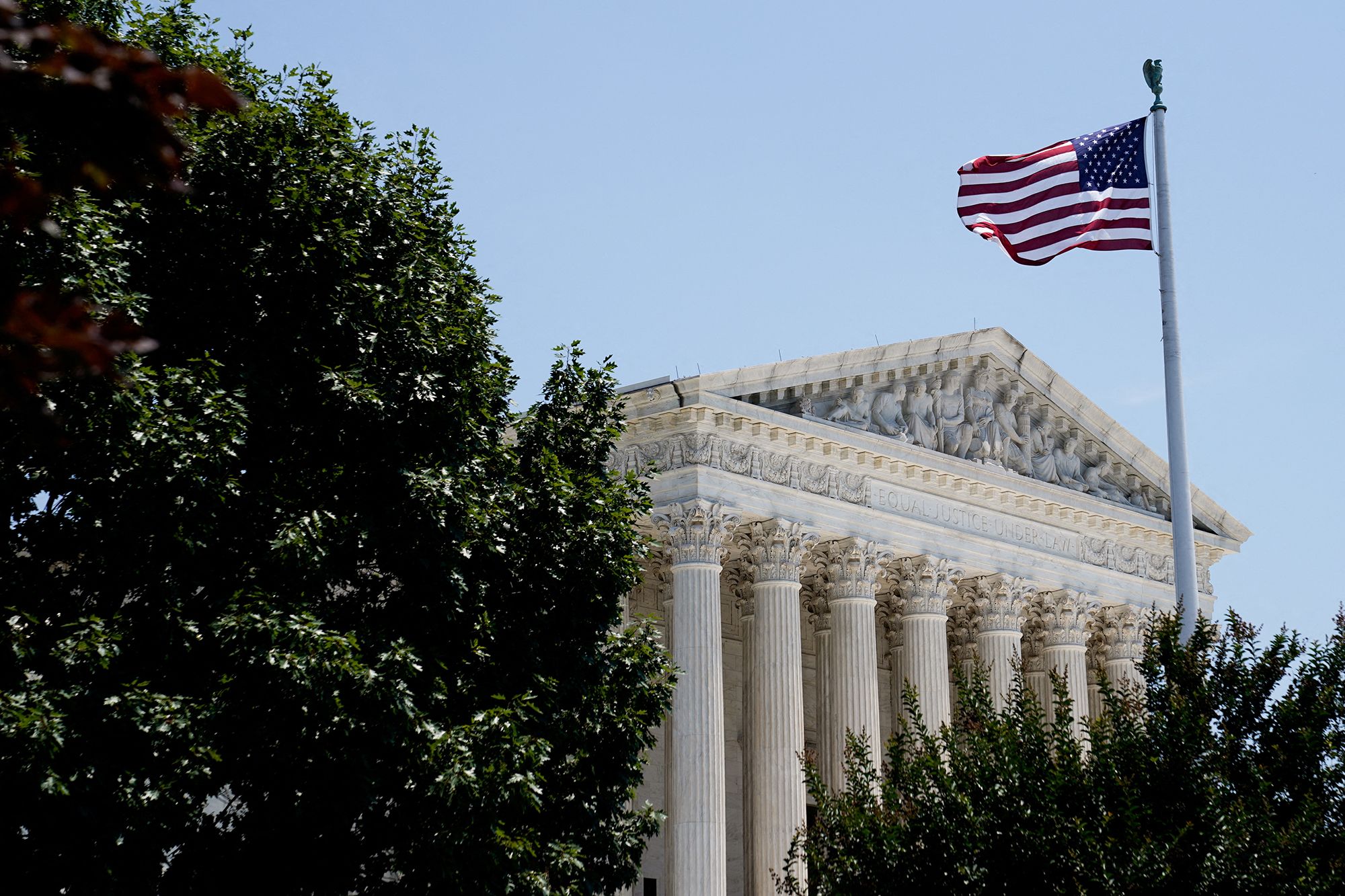Supreme Court’s Silence Raises Concerns About First Amendment Rights Online
In a surprising move, the Supreme Court declined to intervene in a case involving Texas’ attempt to restrict access to online pornography, signaling a potential shift in First Amendment jurisprudence.
Background: Texas’ Attempt to Regulate Online Pornography
Last year, Texas passed a law aimed at making it harder to access online pornography, requiring platforms to verify users’ ages and display a “health warning” about the purported dangers of pornography. Several other states have since passed similar laws.
Legal Challenges and Precedent
The Free Speech Coalition, representing adult performers, sued Texas, arguing that the law violated First Amendment rights. The case reached the Supreme Court after the U.S. Court of Appeals for the Fifth Circuit upheld the law’s age verification provision.
Supreme Court’s Decision
Despite strong precedent against such laws, the Supreme Court allowed Texas’ law to go into effect without intervention. This decision has raised concerns among First Amendment scholars.
Implications and Criticisms
While concerns about minors accessing adult content online are legitimate, these laws may also restrict adults’ access to constitutionally protected speech. Moreover, they may disproportionately affect platforms that comply with regulations, while smaller, less regulated sites remain unaffected.
Future Outlook
The Supreme Court’s silence on this matter signals a potential shift in its approach to First Amendment cases. If conservative courts continue to push boundaries, more states may implement similar restrictions on internet access.
Conclusion
The current legal landscape regarding online speech rights is evolving, with lower courts and legislatures pushing boundaries. It remains to be seen how the Supreme Court will navigate these issues in the future.















































